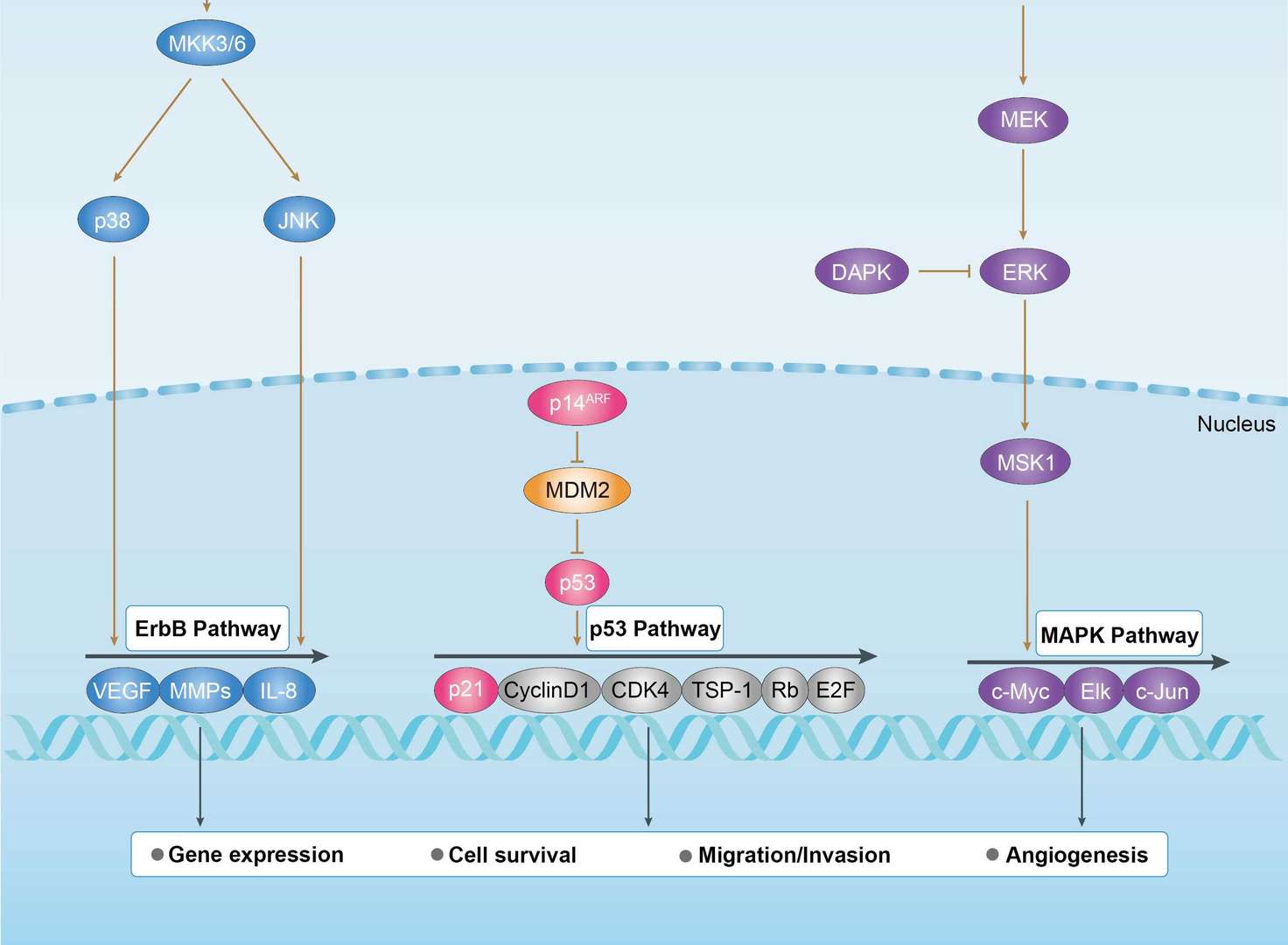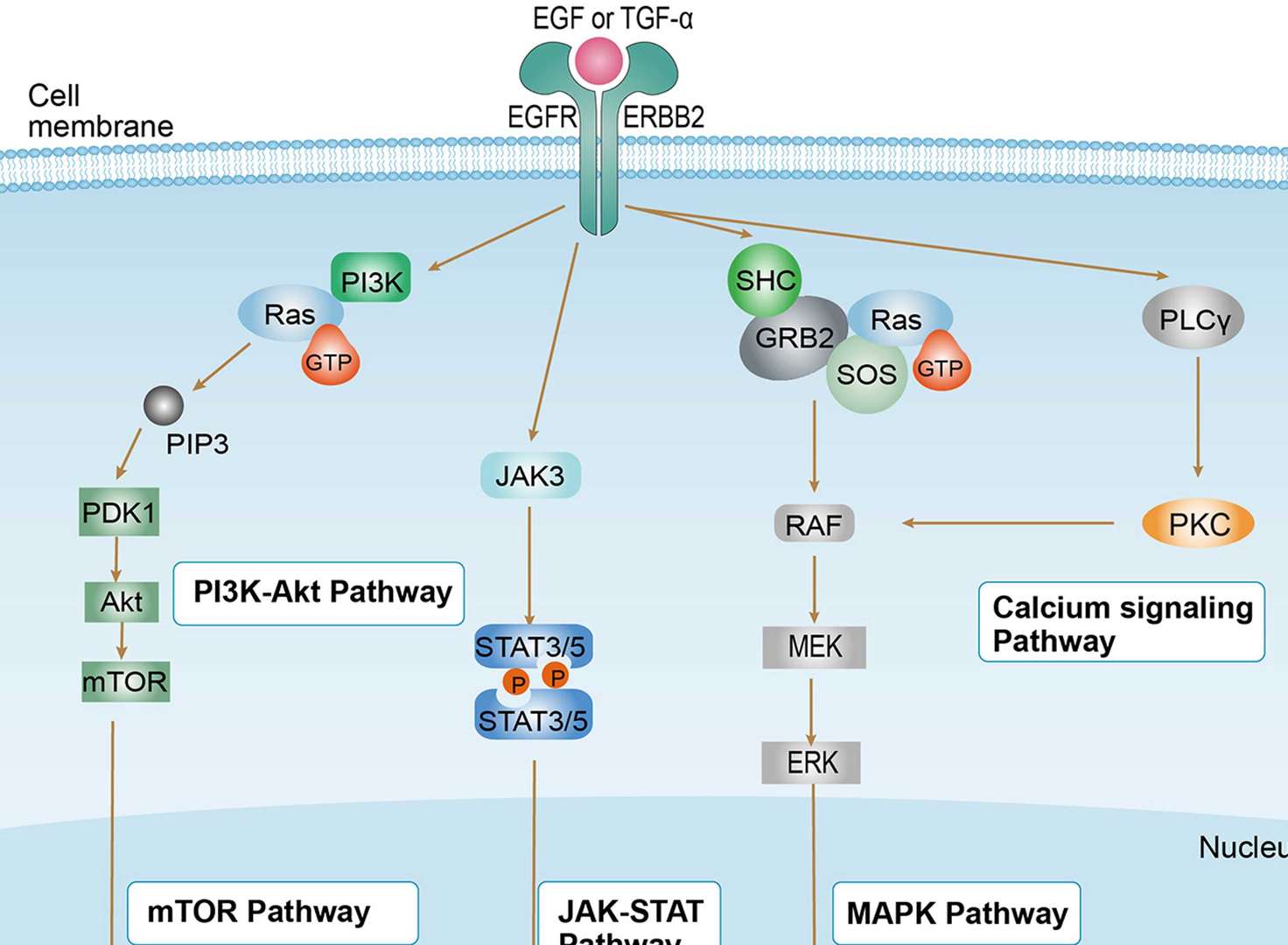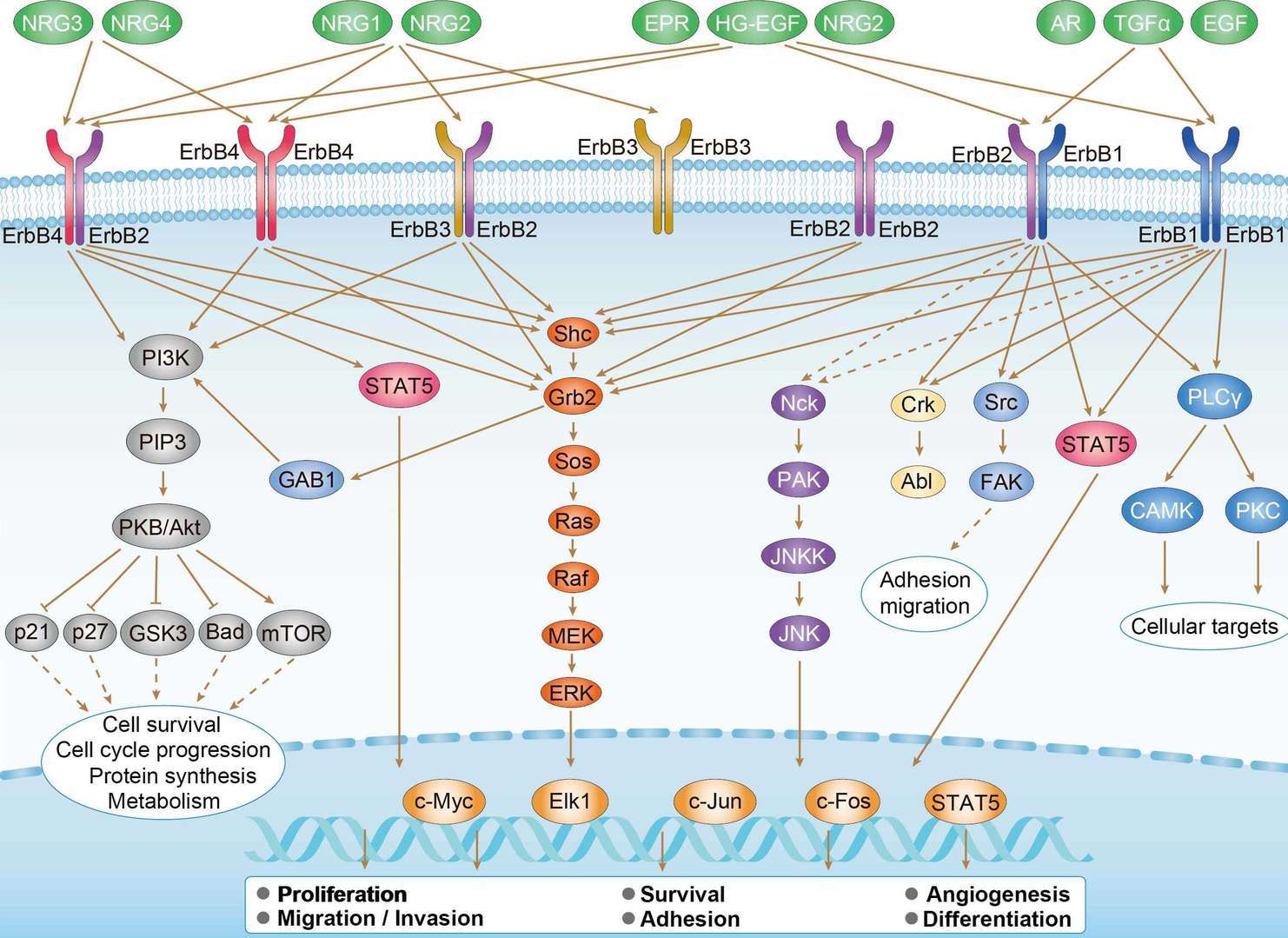+ Filter
 Loading...
Loading...

TNFRSF8 & ERBB2
 Loading...
Loading...Anti-TNFRSF8 & ERBB2 Products
-
- Derivation: Humanized (from mouse)
- Species Reactivity: Human
- Type: ADCC enhanced antibody
- Application: FC, IP, ELISA, Neut, FuncS, IF
- Mouse Anti-ERBB2 Recombinant Antibody (clone 7.16.4) (NEUT-737CQ)
-
- Species Reactivity: Human, Rat
- Type: Mouse IgG2a
- Application: Block, IP, IF, FC
-
- Derivation: Humanized
- Species Reactivity: Human
- Type: ADCC enhanced antibody
- Application: ELISA, IHC, FC, IP, IF, FuncS
-
- Derivation: Humanized (from mouse)
- Species Reactivity: Human
- Type: ADCC enhanced antibody
- Application: FuncS, IF, Neut, ELISA, FC, IP
-
- Derivation: Chimeric (mouse/human)
- Species Reactivity: Human
- Type: ADCC enhanced antibody
- Application: IF, IP, Neut, FuncS, ELISA, FC
-
- Derivation: Humanized
- Species Reactivity: Human
- Type: ADCC enhanced antibody
-
- Species Reactivity: Mouse
- Type: Hamster IgG1
- Application: FC, Stim, Costim, Block
-
- Species Reactivity: Mouse
- Type: Hamster IgG1, κ
- Application: Neut, FC
-
- Derivation: Human
- Species Reactivity: Human
- Type: ADCC enhanced antibody
- Application: ELISA, FC, IP, FuncS, IF, Neut
-
- Derivation: Chimeric (mouse/human)
- Species Reactivity: Human
- Type: ADCC enhanced antibody
- Application: Neut, ELISA, IF, IP, FuncS, FC
- Mouse Anti-TNFRSF8 Agonistic Antibody (VS-0724-XY50) (VS-0724-XY50)
-
- Species Reactivity: Human
- Type: Mouse IgG2b
- Application: WB, FC, Agonistic assays, CyTOF®
- Recombinant Anti-human ERBB2 Intrabody [(D-Arg)9] (IAB-B008(A))
-
- Species Reactivity: human
- Type: scFv-(D-Arg)9
- Application: IF, FC, FuncS
- Recombinant Anti-human ERBB2 Intrabody [+36 GFP] (IAB-B008(G))
-
- Species Reactivity: human
- Type: scFv-(+36GFP)
- Application: WB, ICC, FuncS
- Recombinant Anti-human ERBB2 Intrabody [Tat] (IAB-B008(T))
-
- Species Reactivity: human
- Type: scFv-Tat
- Application: ICC, Neut, FuncS
-
- Host Species: Mouse
- Specificity: Human
- Type: Mouse antibody
- Glycosylation site: aa65 of VL
-
- Host Species: Human
- Specificity: Human
- Type: Humanized antibody
- Glycosylation site: Asn299 in Fc region
-
- Host Species: Human
- Specificity: Human
- Type: Human antibody
- Glycosylation site: Asn297 in Fc region
- Anti-CD30 monoclonal antibody (MDX-1401) (Gly-009CL)
-
-
- Host Species: Human
- Specificity: Human
- Type: Human antibody
- Glycosylation site: Asn297 in Fc region
-
- Host Species: Human
- Specificity: Human
- Type: Human antibody
- Glycosylation site: Asn297 in Fc region
-
- Host Species: Human
- Specificity: Human
- Type: Human antibody
- Glycosylation site: Asn297 in Fc region
-
- Host Species: Human
- Specificity: Human
- Type: Human antibody
- Glycosylation site: Asn297 in Fc region
-
- Host Species: Human
- Specificity: Human
- Type: Human antibody
- Glycosylation site: Asn297 in Fc region
-
- Host Species: Human
- Specificity: Human
- Type: Human antibody
- Glycosylation site: Asn297 in Fc region
-
- Host Species: Human
- Specificity: Human
- Type: Humanized antibody
View More Products
Can't find the products you're looking for? Try to filter in the left sidebar.Filter By Tag
More Infomation
Our customer service representatives are available 24 hours a day, from Monday to Sunday. Contact Us
For Research Use Only. Not For Clinical Use.
Background
This gene encodes a member of the epidermal growth factor (EGF) receptor family of receptor tyrosine kinases. This protein has no ligand binding domain of its own and therefore cannot bind growth factors. However, it does bind tightly to other ligand-bound EGF receptor family members to form a heterodimer, stabilizing ligand binding and enhancing kinase-mediated activation of downstream signalling pathways, such as those involving mitogen-activated protein kinase and phosphatidylinositol-3 kinase. Allelic variations at amino acid positions 654 and 655 of isoform a (positions 624 and 625 of isoform b) have been reported, with the most common allele, Ile654/Ile655, shown here. Amplification and/or overexpression of this gene has been reported in numerous cancers, including breast and ovarian tumors.

Receptor for TNFSF8/CD30L. May play a role in the regulation of cellular growth and transformation of activated lymphoblasts. Regulates gene expression through activation of NF-kappa-B.



 Bladder Cancer
Bladder Cancer
 Non-small Cell Lung Cancer
Non-small Cell Lung Cancer
 ErbB Signaling Pathway
ErbB Signaling Pathway